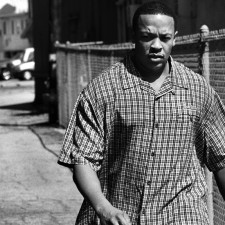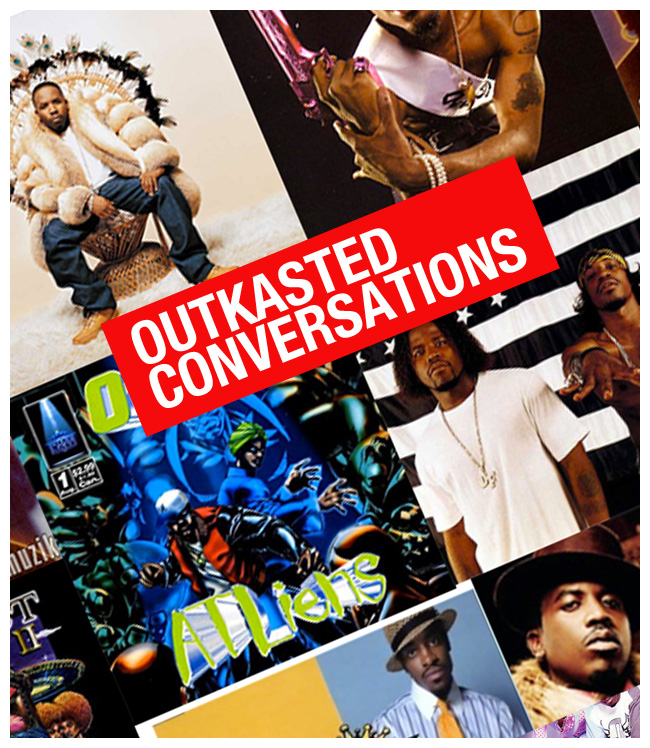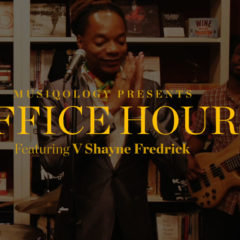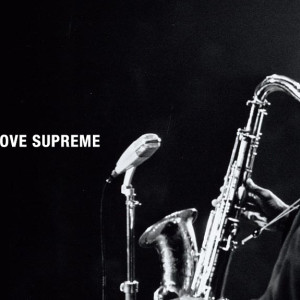Acclaimed rapper, Talib Kweli, is building a long lasting career. He’s one of the few artists who is weathering the changes of the music industry and continues to record and tour consistently. This is no small feat. The music industry was enjoying the last of its halcyon days when he, and fellow acclaimed Brooklyn emcee, Mos Def, debuted in with their classic album in 1998, Mos Def & Talib Kweli are Black Star. In the coming years, the Napster first and iTunes later would kill CD sales. Now the music industry is undergoing another revolution as music free streaming services, like Youtube, and paid services streaming, like Spotify, are usurping the music ownership model altogether.
How is an artist to make money as music royalties plummet and the music marketplace is overrun with artists pushing product? Well, Kweli does what few artists do, he pulls back the curtain on the business side of his career and reveals the things that have worked for him and the things that haven’t worked for him.
Here’s an excerpt:
Part of the reason it took me so long to take control of my financial destiny is because I believed in the traditional way that the music business was run, which was to let the managers manage and let the labels do what they do while I just made art. For years I coasted on my ability to perform on stage or get a new deal when money got low, always trusting lawyers, managers, accountants and label reps to have my best interest in mind. Making the initial investment for Gutter Rainbows myself while simultaneously removing several hands from the pot allowed me to increase my profit exponentially and to receive it almost instantly. Gutter Rainbows is still not one of my most famous albums, but it is one of the few that I saw an immediate profit on.
Before starting Javotti Media, my former independent label that I started with my old manager Corey Smyth, Blacksmith Music, had entered into a distribution deal with Caroline Distribution. I created Javotti Media, named after my grandmother Javotte Greene, after being frustrated with how Blacksmith Music was being run. A lot of money was being spent that wasn’t being accounted for, and I ended up in debt with Caroline. In 2012, Corey and I folded Blacksmith Music and Javotti Media took on that debt. I continued to work on the album I originally signed to Caroline for, which was Prisoner of Conscious, and in May of 2013 it dropped on Javotti Media/Caroline. Prisoner of Conscious had taken four years to create and featured Curren$y, Kendrick Lamar, Melanie Fiona and others. The month before its release, I spent tens of thousands promoting a single to radio, “Come Here,” featuring Miguel. It was a modest hit, reaching 1000 spins a week for a couple of weeks before it fizzled out. Had I spent more, it would’ve been played more, but I wasn’t sure that radio plays would translate to album sales for me, especially without having a video with Miguel in it.
Check the full article here.
Tags: business, Hip-Hop, music industry, talib kweli

 Share On Facebook
Share On Facebook Tweet It
Tweet It
















